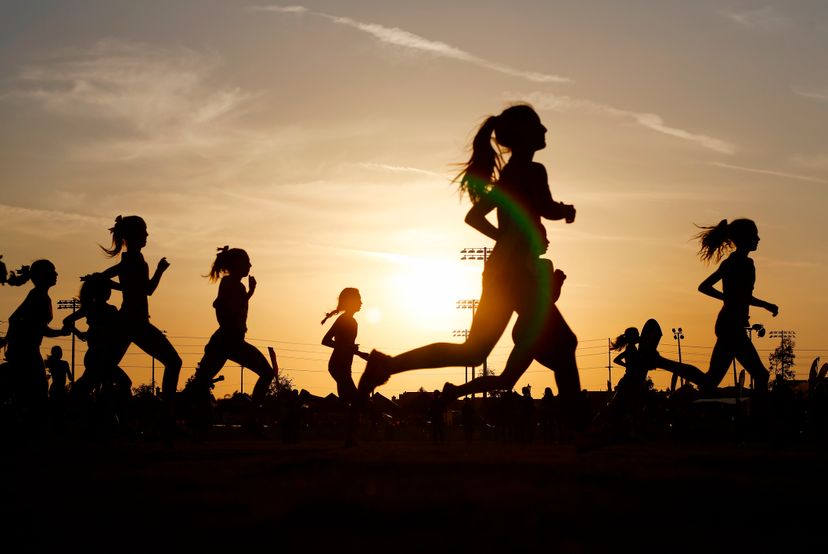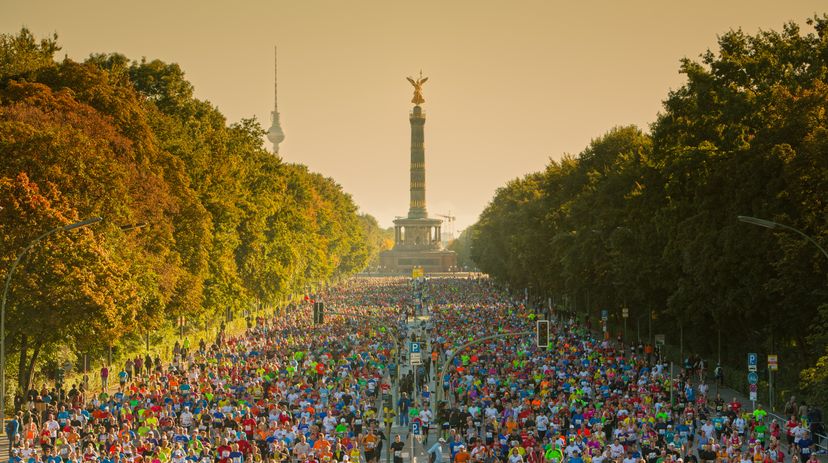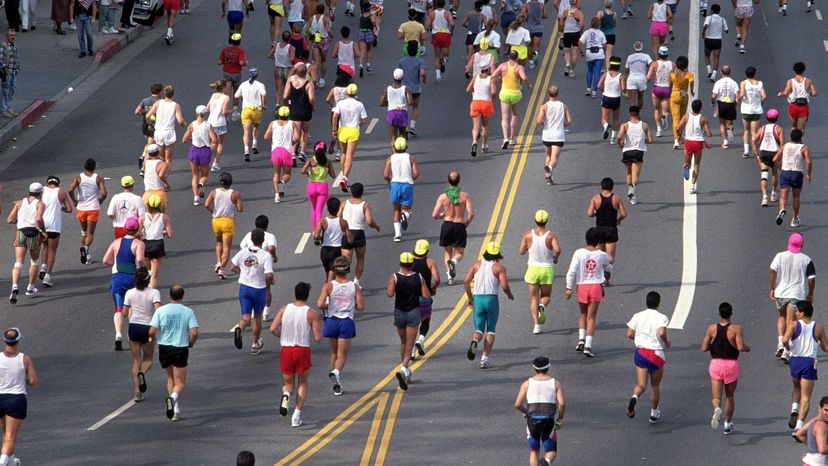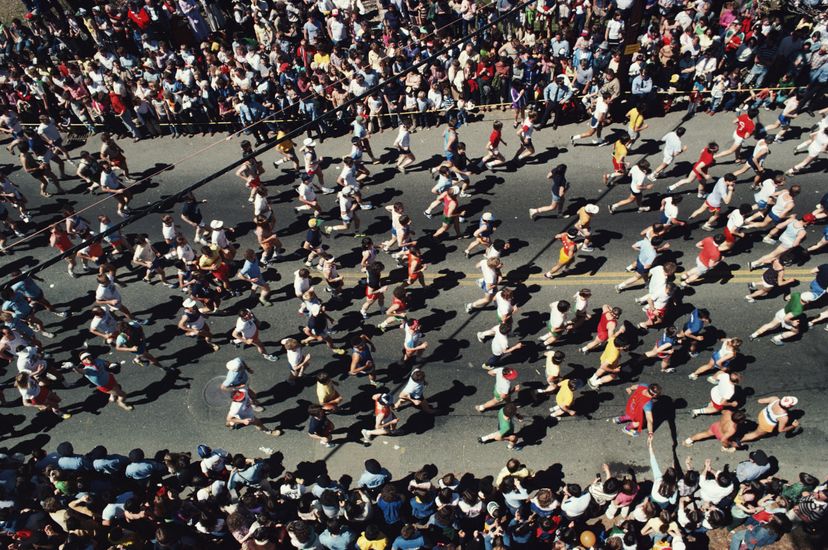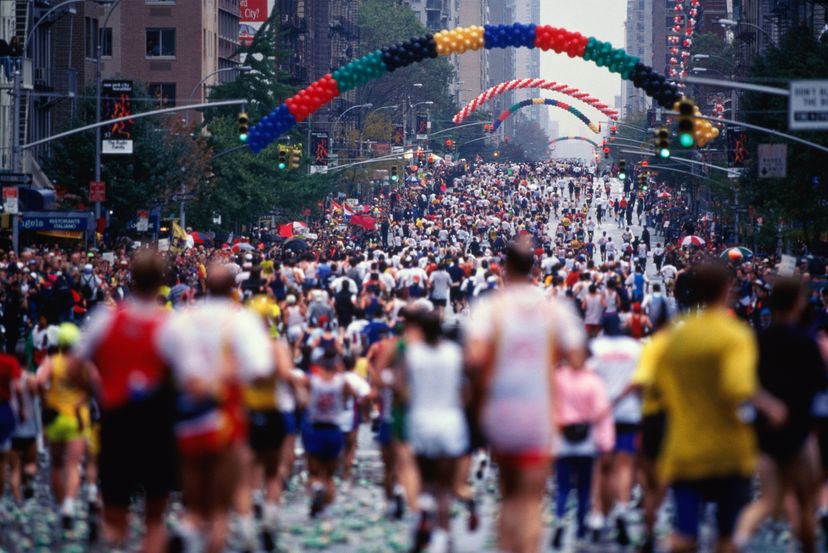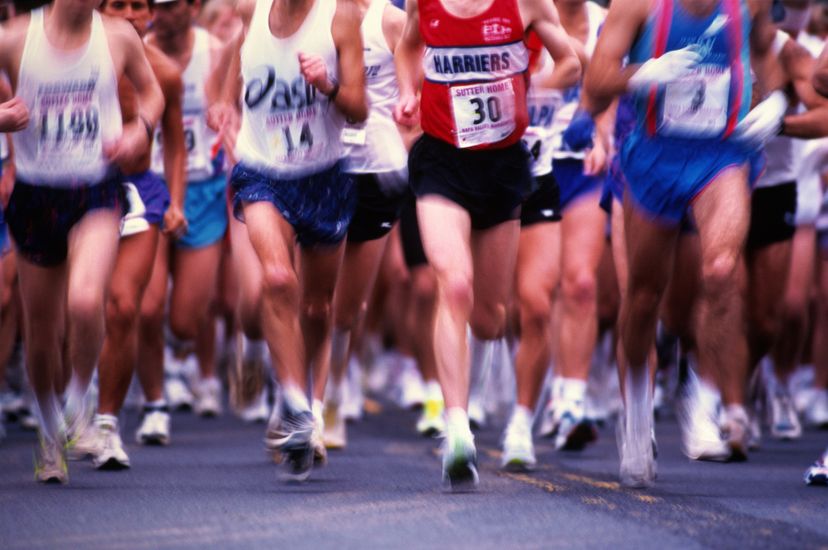
Running 26.2 miles (42.2 kilometers) isn't an option for most people, runners included. Many people don't even like driving that far. That's why the marathon is the ultimate mental and physical test of will and endurance for a runner.
From its beginnings in Greece, the marathon's grueling length has challenged millions of runners -- the distance is so challenging, in fact, that the messenger who first ran the distance dropped dead at the end. While it's not exactly an endorsement for distance running, the story does hint at the dedication and training required of marathon runners.
Advertisement
Whether they run for the glory or just to know they can, runners everywhere train for the day they may finish first. In this article, we'll look at the five largest marathons around the world. So for you long-distance runners looking for the ultimate challenge, check out the next page.
